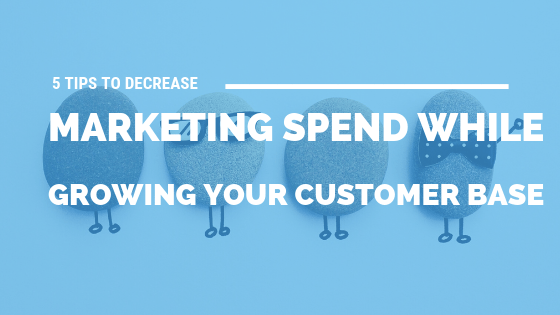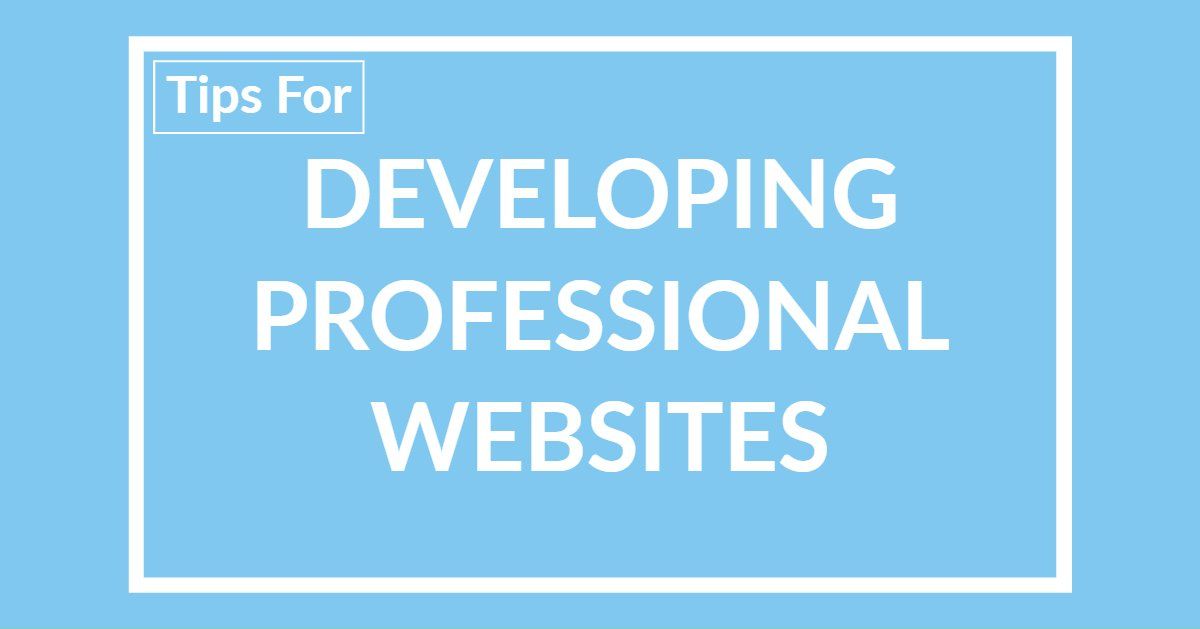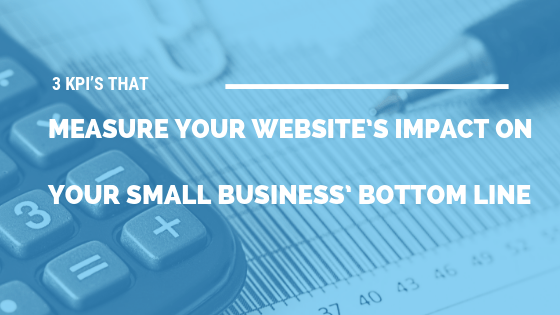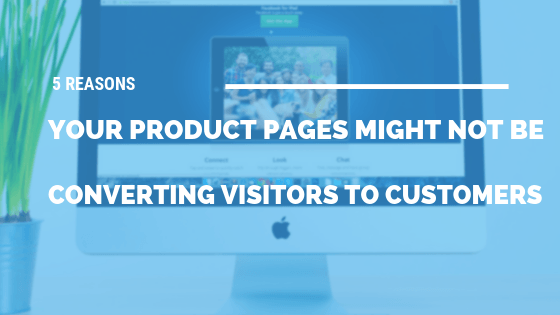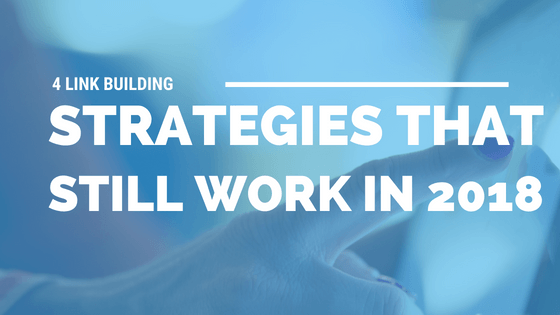A Beginner’s Guide to Assessing the Quality of Backlinks (And How to Avoid the Bad Ones)
Even if you’re new to search engine optimization, you’ve probably heard of link building. This process is a major aspect of SEO, but it’s also one of the most misunderstood elements of SEO strategy. And it’s where many SEO novices go astray, chasing after backlinks that don’t actually add anything of value to a site or help its ranking on Google. This article will briefly introduce you to link building and explain how you can avoid making common mistakes. We’ll give you tips to help you determine the quality of the backlinks you’re pursuing, and dodge low-quality backlinks that can permanently harm your domain.
Why We Care About Backlinks
A backlink is an inbound hyperlink from one website to another. It typically takes the form of a highlighted segment of text, but can also be a clickable image with an embedded hyperlink. Clicking on the text or the image automatically opens the URL that is included in the code for the hyperlink. The reason link building is talked about so much in SEO is that Google’s algorithms for ranking web pages on SERPs (search engine results pages) prioritize backlinks as a ranking factor. Google wants its SERPs to be filled with high-quality, authoritative sources on the subject that a user has searched for, and Google views backlinks as evidence that your site is trustworthy. So they’ll rank your site higher than others if you have a higher number of backlinks. This means you can improve your ranking by getting other sites to link to your own. But, as with everything SEO related, it’s not that simple.
Not All Links Are Created Equal
Google’s algorithms aren’t simple enough to be easily manipulated. In their quest to create the best SERPs for their users, they’ve gone out of their way to make sure that sites that use spammy backlinks don’t get highly ranked. In fact, manipulative link building can incur a penalty from Google that will prevent your site from ranking at all. Since 2013, Google’s algorithms have evaluated backlinks in order to make sure they’re worthy of being counted as part of your total. What are they looking for? While Google doesn’t publicly reveal the math behind its ranking system, savvy engineers have been able to piece together some information about how the backlink ranking factor works now.
What Makes a Bad Link?
Not only do bad-quality backlinks not help your ranking, they can actually hurt it. Google has an interest in punishing sites that use spammy methods of link building since these sites are gaming the system to achieve prominent rankings that they otherwise wouldn’t merit. So what can you look for to avoid incurring the wrath of Google? A good rule of thumb to use when evaluating a backlink: would you click it? Put yourself in the shoes of the average web user. If you stumbled on a link to a site that had nothing to do with the subject matter of the site you were reading, you’d have no reason to follow the breadcrumbs. And Google actually measures this. They track whether users actually click a backlink, as well as whether they remain on the site once they get there. Bad backlinks don’t get clicked, or if they do, they have a high bounce rate, as the reader realizes the page they’ve navigated to isn’t relevant to what they’re looking for and navigates quickly away.
What Makes a Good Link?
From this, we can extrapolate some things about what constitutes a good backlink. Since irrelevant backlinks don’t get clicked, you want links from sites that are relevant to yours. If you’re selling fitness products, seek out links from fitness blogs; don’t try to build backlinks from gossip blogs or other sites that are essentially “link farms.” Previously, the volume of backlinks was most important, but since 2013, Google has prioritized quality over quantity. Along with relevance, authority is also important. Sites that cover a topic thoroughly, rather than several topics hastily, will boost your ranking if they link to you. Your anchor text (the text explaining your link and why users ought to click through) ought to be different from site to site, as Google also notices when it’s copy-pasted, a sign of spam. Essentially, you want links that make sense, from high-quality sites, rather than a bunch of nonsensical links from sites that have nothing to do with yours.
Have questions or an idea you would like to learn more about?
Drop us a comment and we'll see what we can do.
Click on the picture
to leave a comment or suggestion
... Keep it clean. Thanks.
